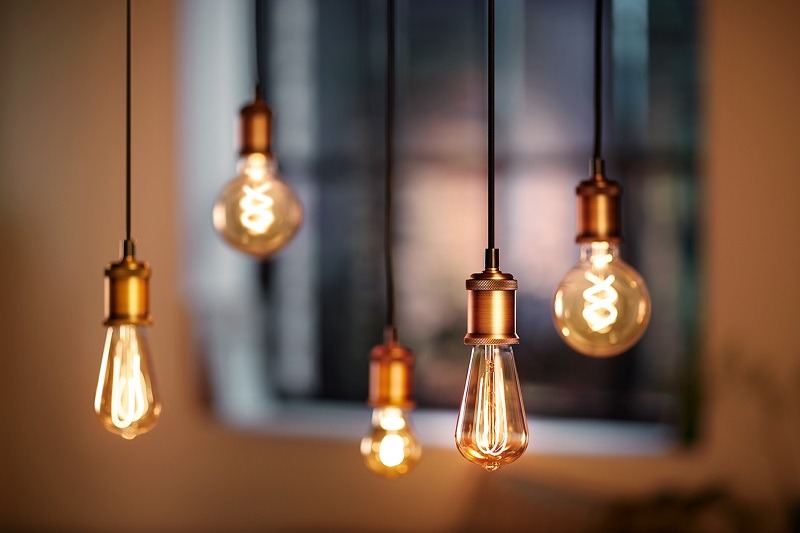On January 9, a specialist energy company based in Malahide, Co Dublin made a discreet entry onto London’s AIM market. eEnergy, known to existing customers as eLight, was founded by Ian McKenna in 2009 to sell lighting as a service, an integrated solution aiming to do for business customers what fleet management had done for vehicles. McKenna, now 52, was previously a distributor of Philips electrical products including LED lights. He decided to offer the low-energy lights, which have a higher up-front cost, as an off-balance sheet contract service. Meanwhile, British technology entrepreneur Harvey Sinclair was getting involved in the…
Cancel at any time. Are you already a member? Log in here.
Want to read the full story?
Unlock this article – and everything else on The Currency – with an annual membership and receive a free Samsonite Upscape suitcase, retailing at €235, delivered to your door.

